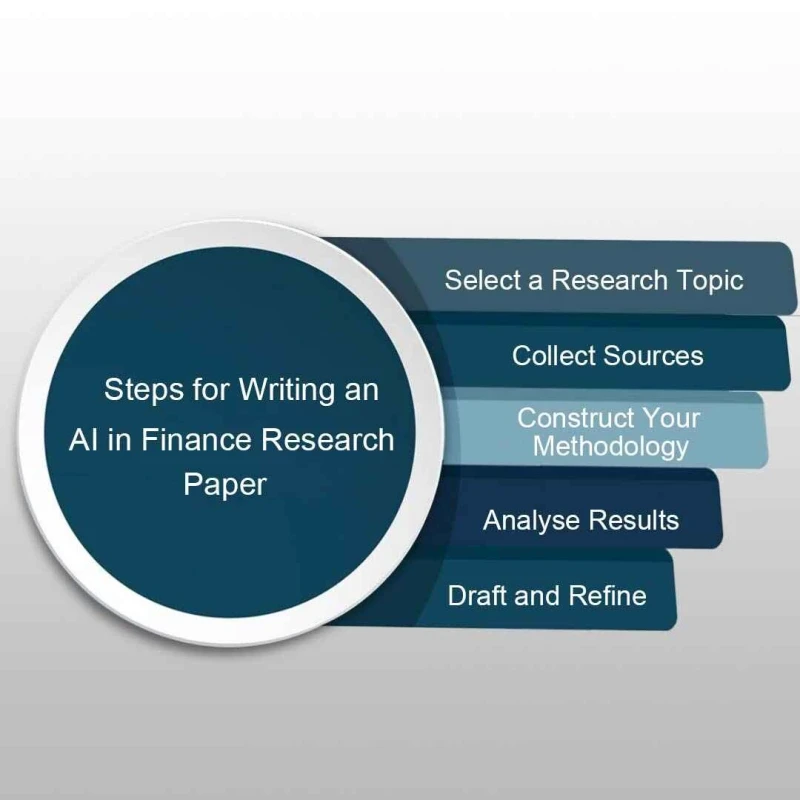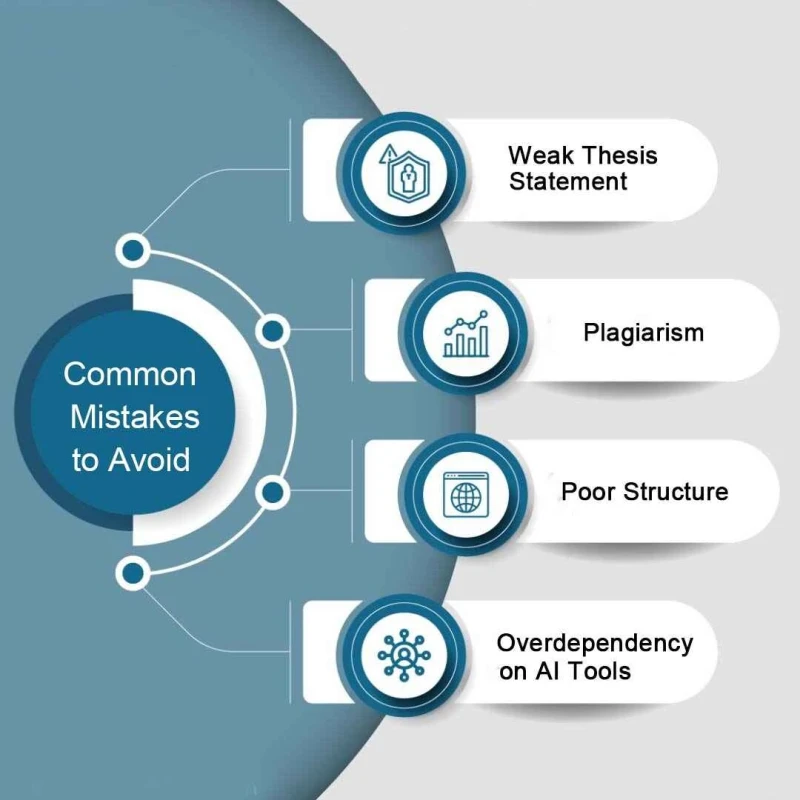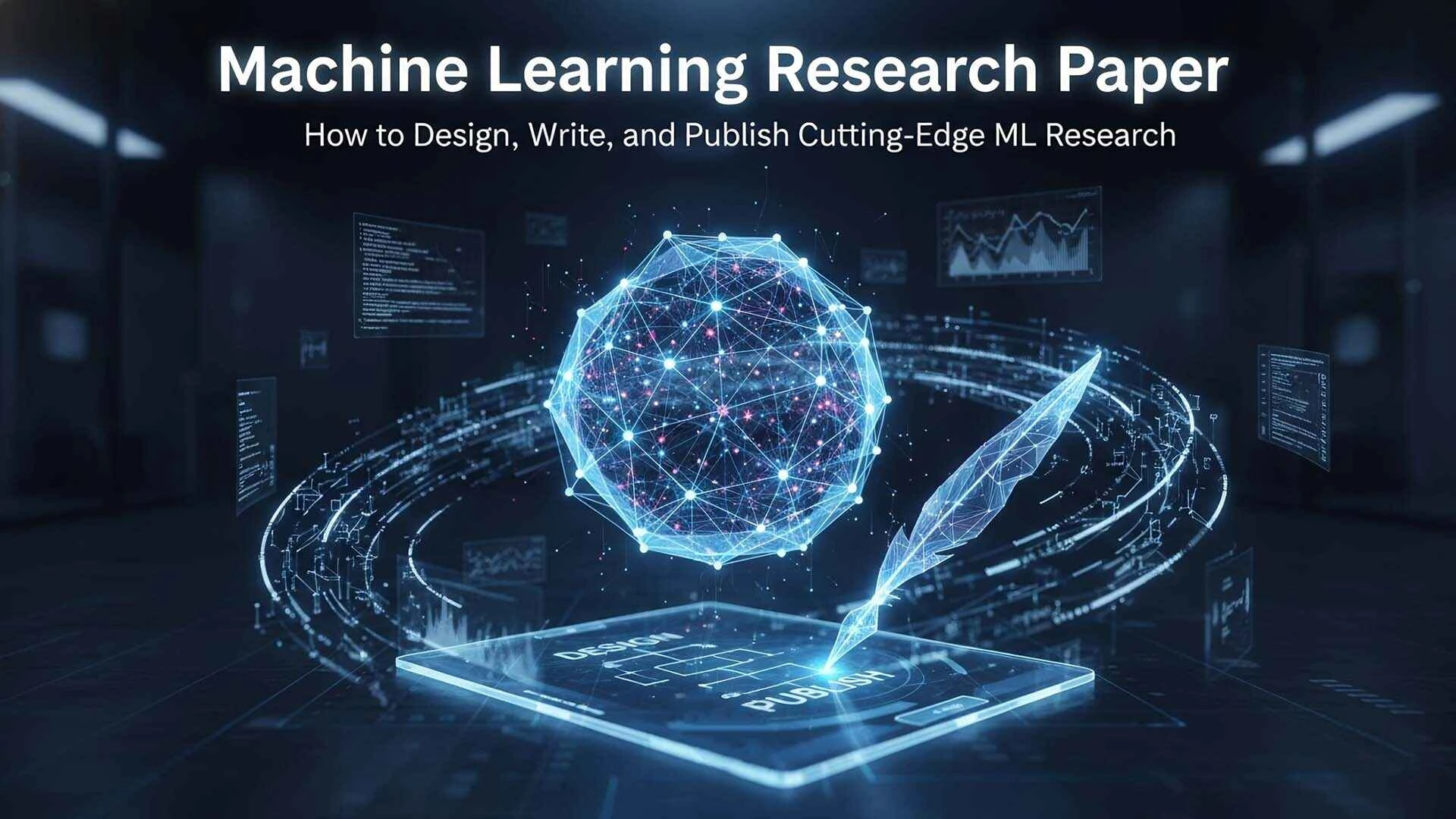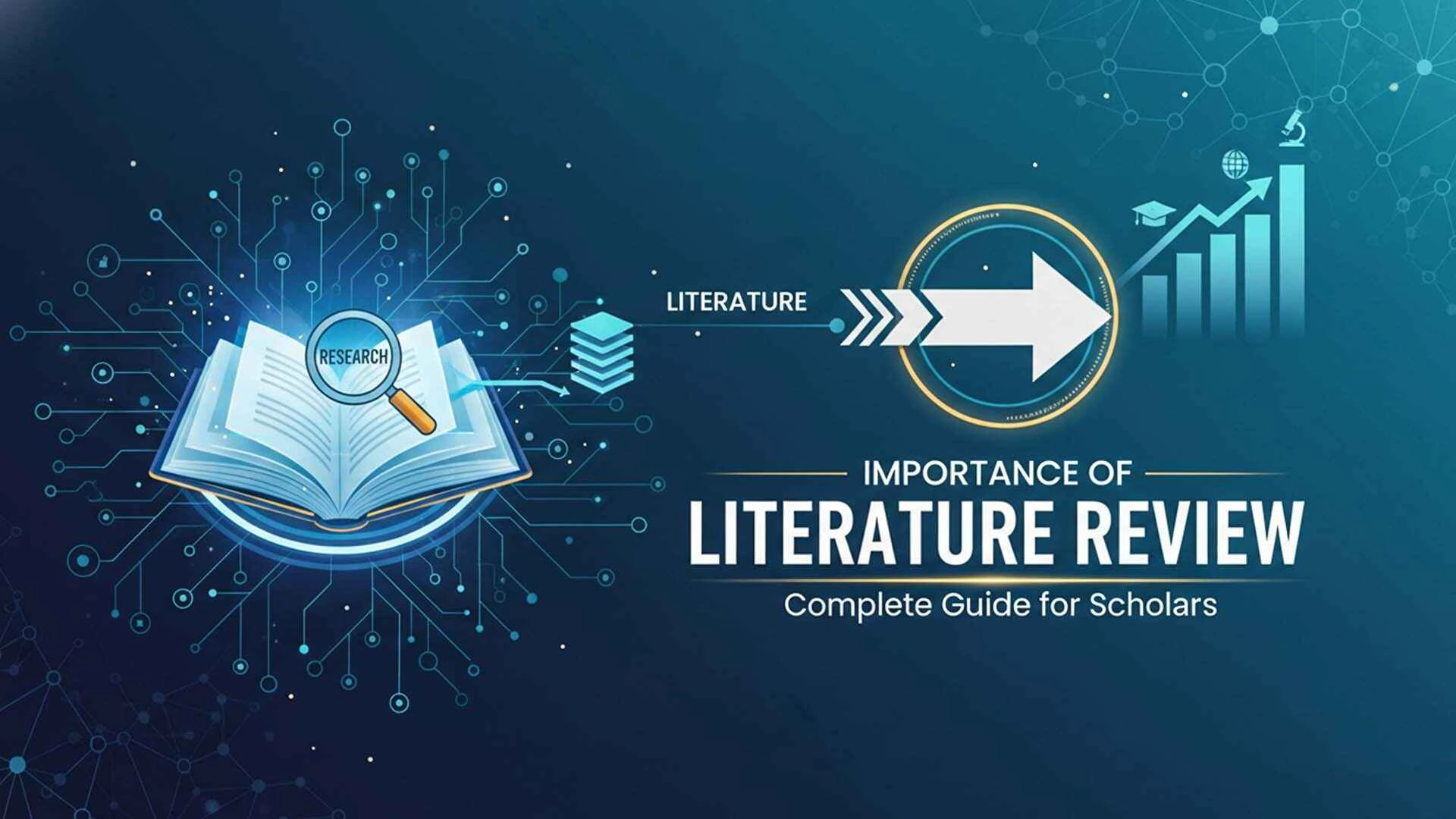
jefreena
Artificial intelligence (AI) is transforming the world of finance, making AI in finance research papers an essential focus for both academics and professionals. Whether you’re a PhD student exploring innovative models or a finance expert analysing market trends, understanding how to structure and publish your research can be challenging.
Before diving into the specifics of AI in finance, it’s helpful to understand what a research paper entails and how it differs from general reports or articles. This foundation will make the process of selecting a topic, designing your methodology, and submitting to reputable journals much clearer.
A research paper on AI in finance is an academic paper that investigates how artificial intelligence technologies can be utilised in the financial industry. Such papers transcend conventional finance research by fusing sophisticated AI methods with financial analysis to tackle actual issues. The scope is wide and covers topics such as algorithmic trading, risk management, fraud detection, and investment forecasting.
As opposed to other finance papers that simply examine market trends or economic variables, AI in finance research papers emphasise the utilisation of machine learning algorithms, neural networks, and predictive analytics to provide actionable insights. Such research needs not only sound knowledge of finance but also technical knowledge in AI algorithms and data analysis techniques.
Through its dual dimensions of addressing theoretical contributions and practical solutions, an AI in finance research paper is greatly beneficial to scholars, financial institutions, and practitioners in the industry.

Composing a well-written AI in finance research paper can be intimidating, but dividing the process into distinct steps makes it much easier. Here is a down-to-earth step-by-step guide:
Start by selecting a specific area where AI intersects with finance. This could include algorithmic trading, risk assessment models, fraud detection, or investment prediction. Focus on a topic that aligns with your interests and has sufficient research material available.
Collect relevant academic papers, industry reports, and datasets. Credible sources assist you in developing a solid foundation for your research and offering context for your analysis. Include recent studies as well as foundational works to make your arguments stronger.
Determine the methodology for your research. Are you going to employ a quantitative model, a qualitative analysis, or a mixed-methods approach? Define your variables clearly, data sources, and AI methods, including machine learning algorithms or predictive models. A robust methodology is essential to make your work credible.
Use your selected AI techniques to process and analyse data. Seek out patterns, trends, or insights that are answers to your research questions. It's all about critical evaluation—don't merely report numbers, but interpret what they indicate for the finance field.
Structure your paper sensibly, covering topics such as introduction, literature review, methodology, results, discussion, and conclusion. Write concisely and edit several times to enhance flow, accuracy, and readability.
By following these steps, your research paper will be scholarly and academic without losing practical applicability for finance use. If you need additional assistance to refine your work and enhance journal acceptability, expert research paper assistance can offer tailored expertise for AI studies in finance.
Structure in an AI in finance research paper is more than a stylistic nicety—it is essential to present your research as clear, credible, and professional. Structure makes it easy for readers, not to mention journal reviewers, to trace your arguments, comprehend your methodology, and critique your findings.
Abstract – A brief overview emphasising the purpose of the research, methodology, and main findings.
Introduction – Describes the problem, research questions, and aims.
Literature Review – Summarises current studies, draws out gaps, and places your own work in the wider academic debate.
Methodology – Outlines the research design, sources of data, and AI methods employed.
Results and Discussion – Reports results concisely and discusses their significance to theory and practice.
Conclusion – Synthesises contributions, outlines limitations, and recommends avenues for future research.
By using this organised method, not only does readability benefit, but also credibility when submitting to journals. Editors and referees are more apt to believe and accept research that shows logical coherence, clarity, and methodological strength.
Having proper structure guarantees your work conveys efficiently, establishes authority, and has a greater chance of influencing both academic and working financial communities.
A good AI in finance research paper is not just a matter of gathering facts—it takes a delicate blend of analysis, creativity, and presentation. To make your paper truly excel, it's critical to embrace effective writing techniques, critically assess sources, and adhere to publication etiquette.
When organising your research, you have the option to use a thematic or methodological approach or both.
This involves finding dominant concepts, trends, or patterns in the use of AI in finance. For instance, you could investigate how AI-based models of risk are revolutionising investment decisions or the application of machine learning to detect fraud. A thematic approach is most beneficial if you aim to give insights into new practices and conceptual frameworks.
It highlights the "how" of your study. It entails the specification of AI algorithms, data gathering procedures, analytical methods, and verification processes. This method is essential in proving technical rigour and replicability, which journals and referees consider important.
Most successful papers have both approaches in that they provide conceptual contributions while basing findings on specific methodological work.
Good research is more than summarising past studies. Critical analysis entails assessing the strengths and limitations of earlier research, gaps, and alternative perspectives. Synthesis involves integrating insights from a variety of sources to build an argument that situates your work in the larger academic and professional context.
Originality is paramount. Even in the most researched topics, your paper must present novel insights, novel AI applications, or novel analytical methods. Original research not only contributes to scholarly value but also enhances the applied usefulness of your research in the financial sector.
Publication of a research paper entails compliance with formatting, ethical, and citation guidelines. Some important considerations are:
Adhere to journal-specific guidelines on headings, font, figures, and tables. Formatting ensures readability and professionalism.
Utilise proven plagiarism detection software to ensure originality. Academic ethics are not up for debate.
Ensure consistency with APA, IEEE, Chicago, or other favoured citation styles to make referencing easy and credible.
Compliance with these practices shows attention to detail and a higher chance of your paper being accepted in peer-reviewed journals.

Even seasoned researchers can fall into pitfalls that lower the quality and credibility of an AI in a finance research paper. Knowing these common errors ensures your work is impressive.
A weak or unspecific thesis statement may leave readers lost and dilute your paper's argument. Ensure your research question is well-defined and your goals are precise.
Plagiarising without due credit is damaging to credibility and can result in severe academic penalties. Always quote sources correctly and utilise plagiarism detection software.
Omitting parts or confusingly structuring information leaves readers struggling to engage with your findings. Adopt a coherent structure with appropriate headings.
Although analysis can be assisted by AI, mere execution of tools without interpretation detracts from your paper's originality. Always deliver a critical assessment of outcomes.
Lastly, proofreading and revision are necessary. Checking your work for clarity, grammar, and accuracy makes your paper polished and professional.
Research on AI in finance is extremely useful to scholars as well as industry practitioners. For research students pursuing a PhD, it provides the potential to research new algorithms, forecast models, and data-based analyses.
For financial institutions, research on AI informs decision-making, enhances risk management, identifies fraud, and optimises investment strategies. By uniting theory and application, such research adds significantly to academic theory as well as actual financial practice.
Producing a top-notch AI in a finance research paper can prove difficult, particularly when combining technical AI techniques with financial analysis. Here, professional research paper assistance is worth its weight in gold. Professional advice can help you organise your paper, improve methodology, enhance clarity, and meet journal requirements.
Professional guidance guarantees that your work is refined, authentic, and meets academic standards, which maximises the likelihood of journal acceptance. Professional PhD assistance also saves time, diminishes mistakes, and offers customised tips for improving your critical analysis and argumentation. For researchers hoping to generate authoritative, publishable research, it is a strategic move toward achieving success.
A finance research paper involving an AI combines financial knowledge with technical AI skills. Adhering to systematic steps, choosing a narrow topic, collecting credible sources, constructing a solid methodology, interpreting results, and writing carefully preserves clarity and credibility. Structuring properly, critically evaluating, and being unique are key to academic and professional influence.
For optimum results, with the help of professionals, your research paper can be made publication quality, increase credibility, and contribute meaningfully to the field. Act now and take your AI in finance research paper to the next level with professional assistance!

Machine Learning Research Paper: How to Design, Write, and Publish Cutting-Edge ML Research

How to Write an IEEE Paper for Conferences: What Reviewers Expect

Importance of Literature Review in Research – Complete Guide for Scholars

How to Write a Synopsis for a Thesis: A Complete Writing Framework

Top 5 Best Literature Review Writing Service for PhD Scholars